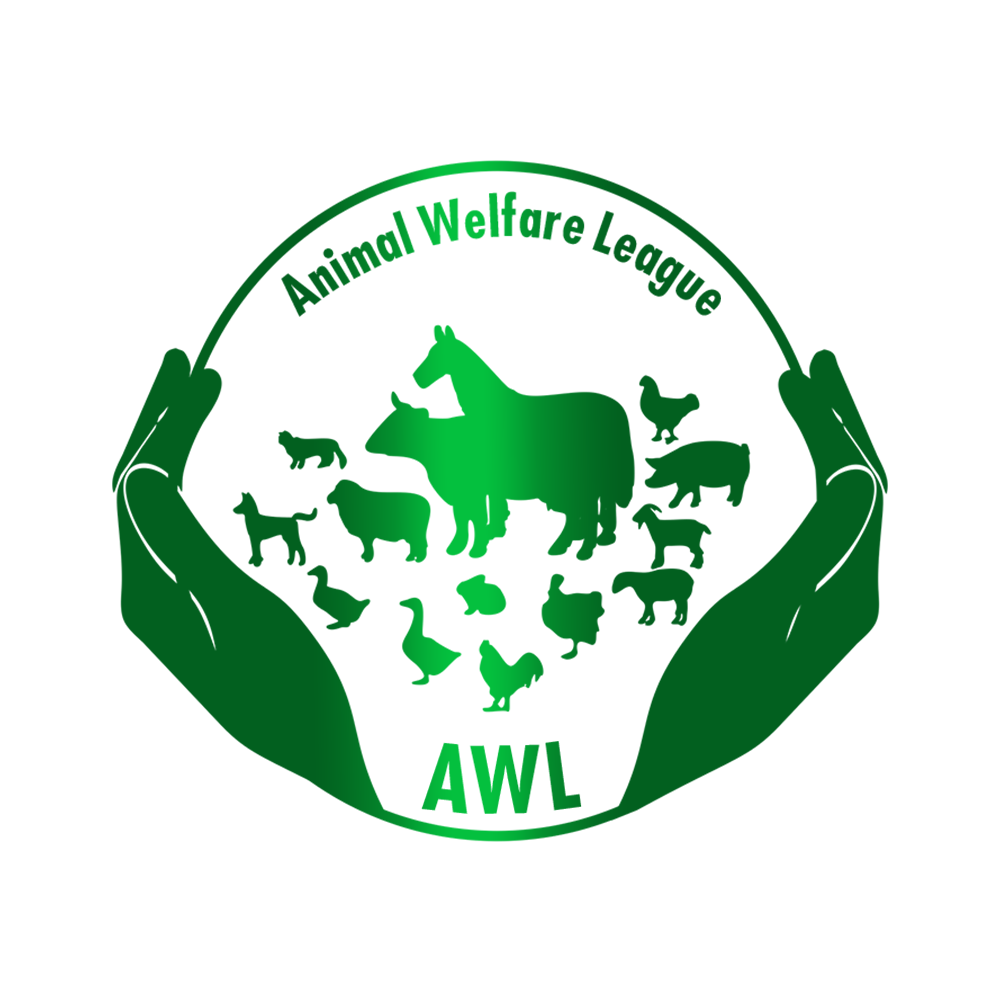
Ghana Prioritization Report
A Roadmap For Improving Animal Welfare And Community Health
Executive Summary
The welfare of farmed animals is a critical component of agriculture. Improving animal welfare means that animals live happier, healthier lives. Not only is this good for its own sake, but animal welfare also supports community development, public health, and environmental outcomes. For this reason, many farmers in Ghana already opt for more extensive farming systems or shun the use of battery cages in the production of products like eggs. However, unfortunately, in Ghana existing legal requirements for animal welfare don’t match this. The criminal code outlaws ill defined ‘unnecessary suffering’ and includes exceptions for animals being slaughtered or prepared for slaughter for food. This leaves the vast majority of traditional extensive farmers' livelihoods at risk for competition from large industrial farms adopting practices banned in many other parts of the world. This progressively concentrates the industry in the hands of few wealthier individuals who lack concern for animals, public health and the environment. In this report, we identify the top opportunities for improving farmed animal welfare in Ghana working with industry and government stakeholders to uphold animal welfare as a public good (Nurse 2016).
When the stakeholders seek to improve the lives of animals, it is important to focus efforts on the animal species and policies that will bring about the biggest improvements for a given investment of effort. Reforms should focus on reaching as many animals as possible. Fish (170 million individuals) and poultry (82 million individuals) are the most farmed animals in Ghana by far. Intensively farmed fish and poultry typically experience poorer welfare conditions than other types of animals. Intensive poultry and live markets come with high risks of zoonotic diseases through the spread of avian influenza (“Avian Influenza” 2021, “Global AIV with Zoonotic Potential,” n.d.). So, improving the lives of farmed fish and chickens is a priority.
With this in mind, we have identified several high-priority avenues for improving the welfare of these key species in Ghana agriculture.
Cage-free work for hens:
Making sure that laying hens are free from battery cages has been identified as a crucial reform by many animal welfare scientists, as well as the direction that the global market is inevitably heading towards. The National Cage-Free Farmers' Network are already standing for cage-free production systems including over 130 farmers (Nyamekye 2024), a figure rapidly growing from previous years.
Poultry disease prevention:
A number of zoonotic diseases are present in Ghanaian poultry populations (Amissah-Reynolds 2020). Additionally, worm infestations, fowl pox, and coryza are non-zoonotic diseases that can cause significant morbidity and mortality on farms (Ouma et al. 2023). These lead to the death and suffering of the chickens, existential human health concerns and financial losses for farmers.
Pre-slaughter stunning
Stunning animals before slaughter using affordable, easy to maintain stunning systems, such as the Zephyr captive bolt stunner used for stunning poultry is very important in reducing stress and pains during slaughter. Pre-slaughter activities like handling and stunning has a direct effect on the welfare and meat quality of the animal. While stunning before slaughter is required in Ghana (GAL, n.d.), there is no indication that this is practised beyond four slaughterhouses where these devices have been donated. Slaughterhouses cover a variety of different animals and so each category of animals should have a stunner specifically designed for use on those animals. As the bulk of animals slaughtered in Ghana are chickens, it is very important that the slaughter methods adopted are humane for them.
Improve water quality on tilapia farms:
We recommend that the Environmental Protection Agency (EPA) establish a program that monitors water quality on all tilapia farms producing over 100 tonnes of tilapia each year and work with farms to improve water quality where problems are identified. This will improve health, welfare and productivity outcomes for farmed fish and reduce risks of mass mortality events, especially in Lake Volta.
Strengthen biosecurity practices in aquaculture:
As with water quality, weak biosecurity presents a high risk for fish and fish farmers. We recommend that the Veterinary Services Directorate (VSD) and the Fisheries Commission continue their work in establishing a biosecurity plan for aquaculture in Ghana as well as a number of best practices that should be considered in said plan.
All of these efforts can be further supported by establishing umbrella animal welfare regulations. These would establish overarching requirements or powers for the control of cruel and dangerous practices that are used by intensive farmers. This could be modelled on the animal welfare act of Tanzania or the EU, and including the requirement for pre-slaughter stunning.

